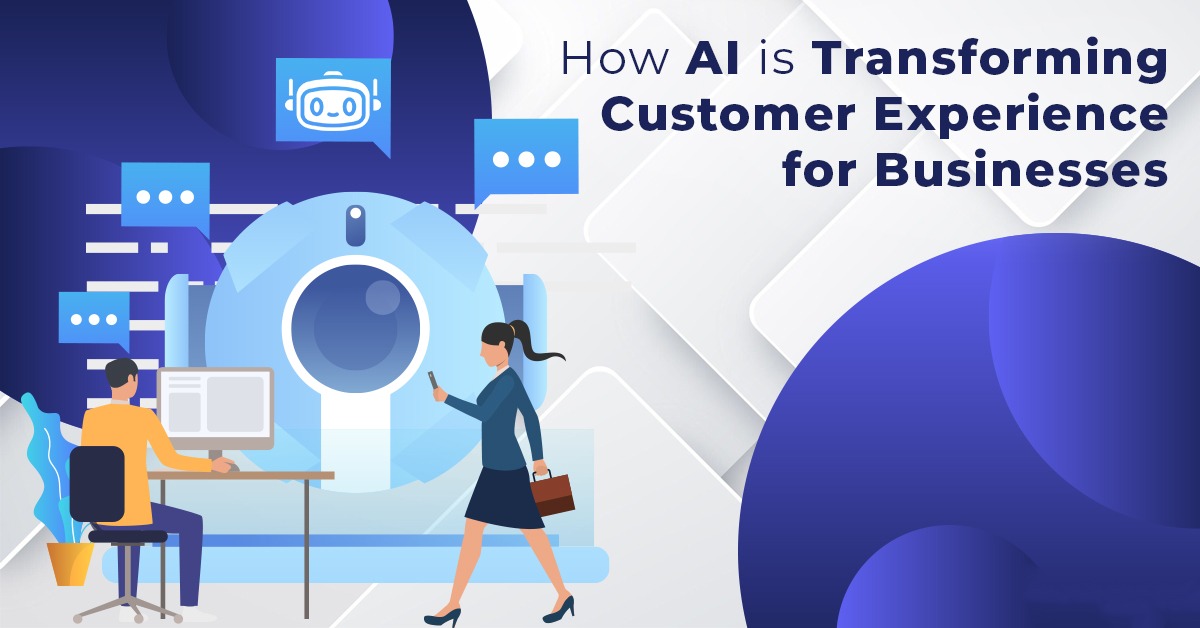


Artificial Intelligence (AI) and automation are reshaping the way businesses operate and interact with customers. In the IT industry, companies are leveraging AI to streamline processes, improve efficiency, and deliver personalized experiences at scale. From predictive analytics to AI-powered chatbots, these technologies allow businesses to anticipate customer needs, reduce response times, and provide support around the clock without increasing headcount.
One of the most noticeable impacts of AI is in customer personalization. By analyzing customer behavior, purchase history, and preferences, AI algorithms can offer tailored product recommendations, targeted marketing campaigns, and personalized communication. This not only enhances the customer experience but also increases engagement and loyalty. Businesses can now provide relevant solutions to individual users, making interactions more meaningful and impactful.
AI-driven chatbots have become essential tools for customer support. These bots can handle frequently asked questions, resolve issues, and guide users through processes without human intervention. By automating routine queries, companies free up support teams to focus on more complex problems, improving overall efficiency and customer satisfaction. Additionally, natural language processing (NLP) enables chatbots and virtual assistants to understand and respond to customer queries in a more human-like manner.
Predictive analytics is another area where AI is making a significant difference. By analyzing patterns and trends in customer data, businesses can forecast future needs, prevent potential issues, and proactively offer solutions. This proactive approach reduces downtime, increases customer trust, and enhances the overall service experience. Automation also extends to back-office operations, where repetitive tasks such as data entry, invoicing, and workflow approvals can be handled efficiently, reducing errors and operational costs.
The combination of AI and automation creates a smarter, faster, and more responsive business environment. Companies that adopt these technologies gain a competitive edge by improving service quality, reducing operational overhead, and creating seamless, personalized experiences for their customers. In today’s fast-paced digital world, AI is not just a technological innovation—it is a key driver of customer satisfaction, operational efficiency, and long-term business growth.